Have you heard about the paleo diet? Do you know what it consists of? If you answered “yes” to the first question but “no” to the second, or if you are not entirely sure, don’t worry. The paleo diet has become a fad that we sometimes continue to misunderstand.
The good news is that it has positive effects that are worth knowing. So keep reading, here we will tell you a little about it.
What is the paleo diet?
Let’s start with the basics: understand what the paleo diet is and where this style of eating comes from. The paleo diet tries to copy the diet that the human being followed when he was a hunter before the current civilization.
This is supported by the idea that these early humans were free from modern diseases such as diabetes, heart problems, and cancer, to name a few.
Due to this idea, this diet is based on the consumption of:
Meat and its derivatives as least processed as possible
Natural vegetables
Organic and seasonal fruits
Good quality seeds and nuts
Outside the list are:
Any meat and meat products that are processed, frozen, or that have been treated in any way
Processed grains
Chemical sugars
Any food that is not found in nature.
What foods are not eaten on the Paleo diet?
So far, we have explained why we had to consume some food groups; today, we focus on those that do not. And so we will understand why they have earned the name of antinutrients because they do the opposite of what is expected of food that is to nourish.
Dairy products
There are several reasons why this food is considered to cause more negative consequences for our health with its consumption than benefits. We will highlight 3:
Lactose indigestion.
It is increasingly common to find people who do not tolerate lactose. This is a disaccharide that does not usually get along with the human intestine causing great alterations. There are varying degrees of discomfort, from heaviness to total intolerance.
Causes elevation of insulin.
Consequently, its carbohydrate content quickly causes an increase in insulin to counteract that torrent of sugar.
They are believed to be a good source of calcium.
Dairy is supposed to be a good source of calcium, and that is why its consumption is being promoted today. But despite containing large amounts of calcium, it is poor in magnesium and vitamin C, which does not facilitate its absorption. In reality, dairy does not help the health of our bones; the health of our bones is promoted with strength training.
Grains / cereals
Cereals have always been promoted as a good source of carbohydrates. What has not been so much emphasis is on the cons, and again we highlight 3.
They contain gluten.
Gluten is a trace that no human digestive system can digest, so it stays around our intestines until expelled. These traces cause poor digestion, a feeling of bloating, and, in worst cases, total intolerance.
It is a food poor in minerals and vitamins.
Its consumption is usually done to the detriment of the true source of carbohydrates, fruit, and vegetables naturally loaded with all the micronutrients we need.
They are a high glycemic index.
One of the goals is to be at stable blood sugar levels, which is called normoglycemia.
When we eat foods high in sugar, the amount of sugar in the blood shoots up, and to control this situation, we secrete insulin into the bloodstream.
After many years of secreting insulin to compensate for the sugar surges, our body may be exhausted from doing this action, and diabetes-like diseases can develop.
As our body is best, it is within the stability without large peaks of rising and fall in blood sugar levels.
Vegetables
All our lives, we have been told that we had to eat legumes that are very good and with a lot of iron and protein, right? Well again, they only told us half of the movie, and they forgot to tell us the damages. Reasons why the consumption of this food is not recommended:
Not a good source of protein
The amount of protein it contains is quite low with meat or fish. An average of 4-9 grams versus an average of 28 grams in meat or fish.
It is something that became especially fashionable with the rise of vegetarians. Since they do not consume animal protein, they have had to look to other food sources for the protein they need. Taking into account that if you follow this diet, you will consume large doses of lean protein of animal origin, you do not have to worry anymore.
Phytates are a problem.
The bioavailability of the minerals that are mentioned as a valuable part of the consumption of legumes is compromised by the difficulty of our organism to digest them. That is why when this food is consumed, bloating, gas, and flatulence usually appear.
Phytates are the largest storehouse of phosphorus in the plant. However, only ruminant animals can digest them because they have the necessary phytase enzyme to process them. The problem is that phytates stick to magnesium, calcium, zinc, iron and remove them from your body.
Again, if they were supposed to be a good source of iron, they didn’t explain anything about the phytates that prevent its absorption.
Note: Some of the phytates have been shown to disappear when soaked for 8-12 hours.
They contain lectins
They are proteins present in plants that have the function of protecting the plant itself for its survival. They cause considerable intestinal discomfort to those who consume it so that this predator learns not to eat that plant anymore. The same thing happens to us as predators, even if we are not animals. And those lectins make us feel bad.
On the other hand, some studies indicate that lectins are completely deactivated once legumes are cooked at 100º for 10 minutes.
For more information on this topic of phytates and lectins, I recommend you review this article.
Added sugars
Undoubtedly today, we live with a polar accustomed to very different flavors than those that existed in the stone age. And sugar is one of those that we have to avoid above all. And the biggest problem is that we are not aware of how much-added sugar we can eat almost without realizing that we are doing it.
Added sugar causes big spikes in blood sugar, followed by insulin in diet. With the abuse of sugar, you can contract diabetes, among other important diseases. You can understand it a little better here.
Processed foods
All the foods of the new age that we have invented have little to do with the real food that we must consume for our health. You will also be doing it in the sugars that we mentioned before by cutting out these foods.


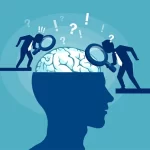
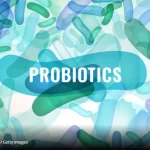



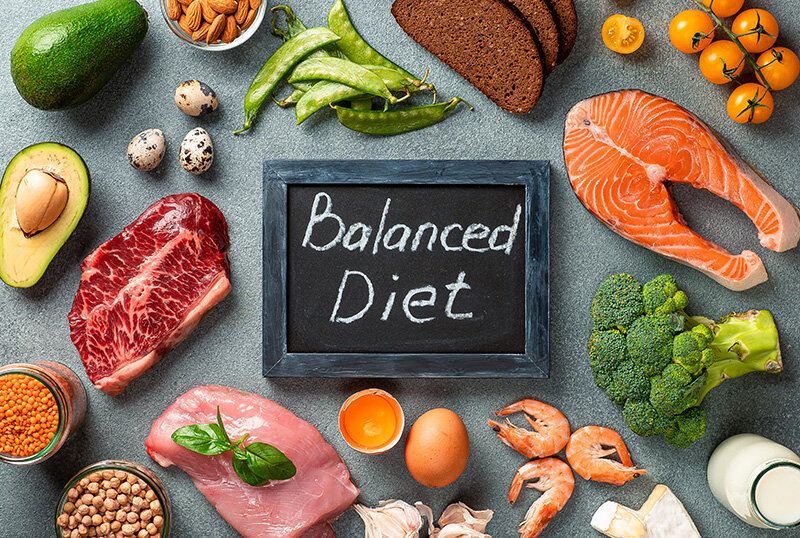

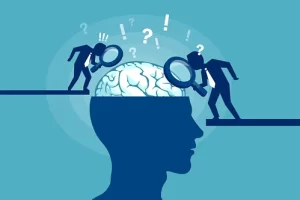
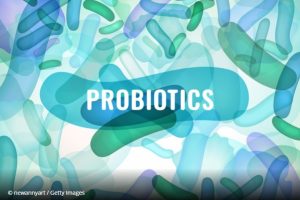






Add Comment